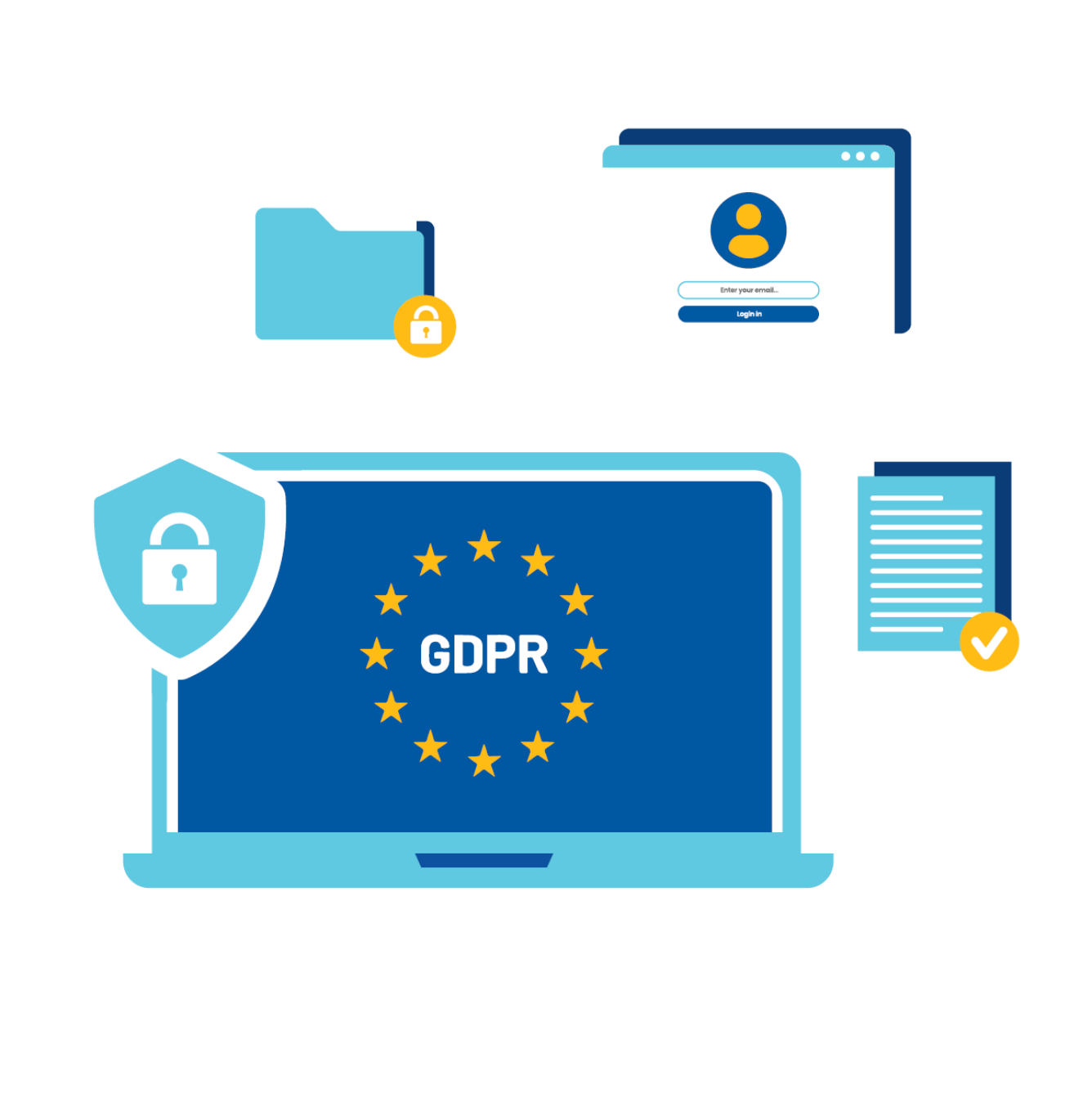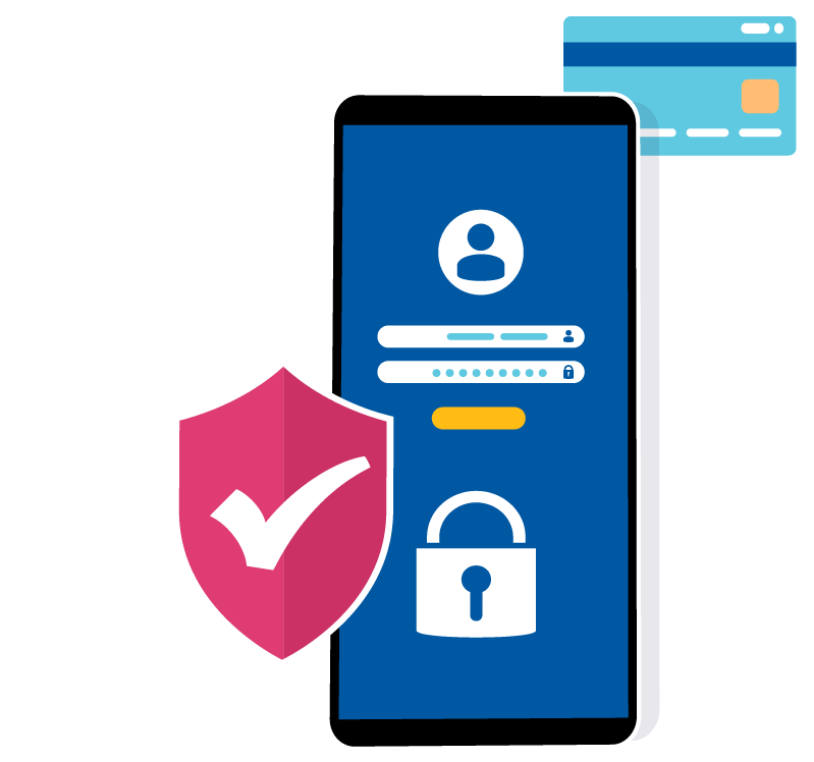


The General Data Protection Regulation (GDPR) is a set of regulations created by the European Union (EU) to protect the personal data of individuals within the EU.

Personal data includes any information which, directly or indirectly, could identify a living person, such as name, phone number, and address etc.

The General Data Protection Regulation (GDPR) is a set of regulations created by the European Union (EU) to protect the PII (personally identifiable information) of individuals within the EU.

PII includes any information which, directly or indirectly, could identify a living person, such as name, phone number, and address etc.








Create a project plan for your GDPR implementation. Ensure that you involve the appropriate stakeholders and conduct a readiness assessment.

Draft an internal personal data policy, additional top-level policies, as well as conduct employee GDPR training courses. The GDPR requires that any company or public authority with more than 10–15 employees should appoint a DPO (data protection officer).

Create a list of your organization’s processing activities and its associated risk

Obtain cookie consent from data subjects before it processes or stores their personal data.

The DPIA checks the processes of the company and how they could impact the privacy from whom the data is collected.

Ensure that your mechanisms for transferring personal data outside the EU are GDPR-compliant.

Third-party contracts that include the processing of personal data should comply with GDPR.

The DPIA checks the processes of the company and how they could impact the privacy from whom the data is collected.

GDPR requires that data breaches are reported to the data protection authorities within 72 hours of discovery. Ensure you have the necessary processes for detecting and responding to data breaches.



